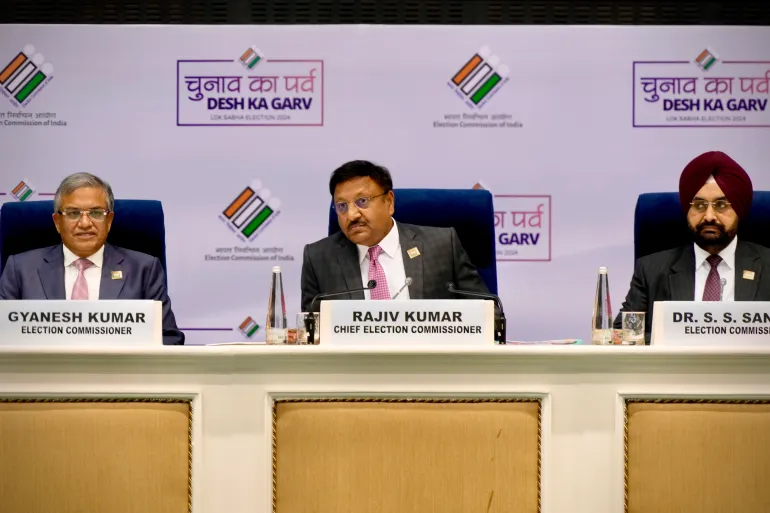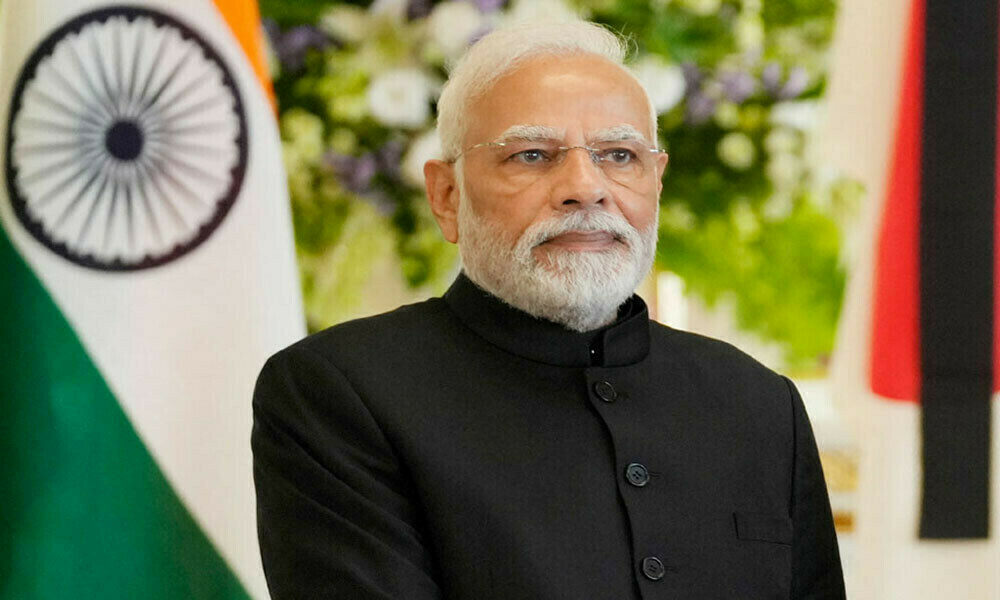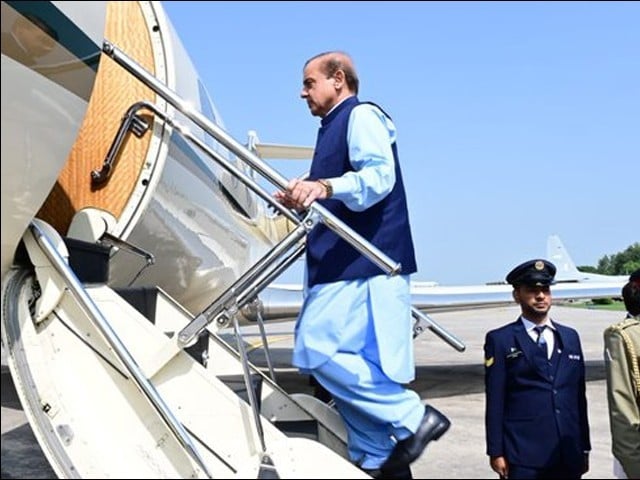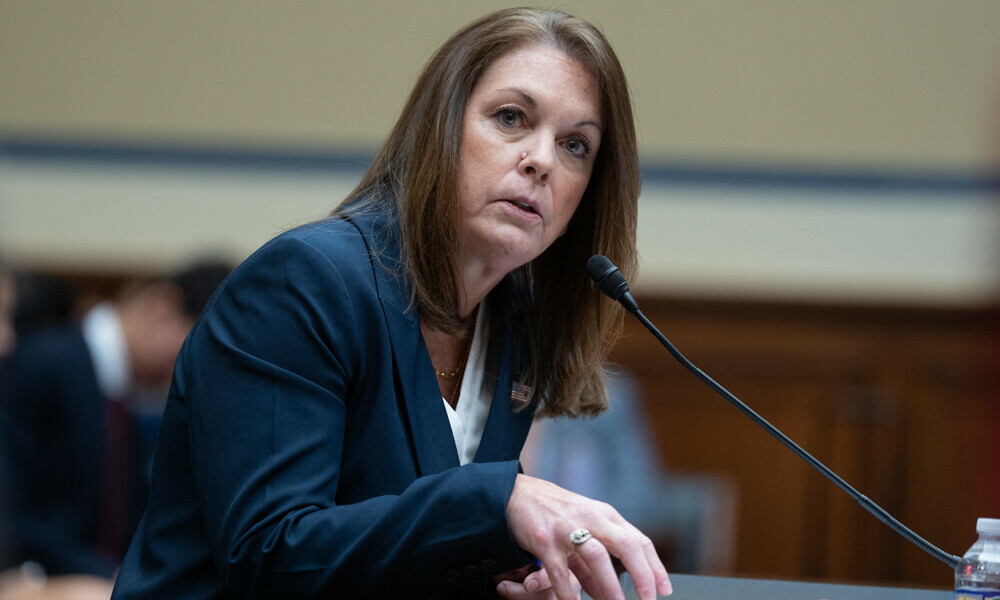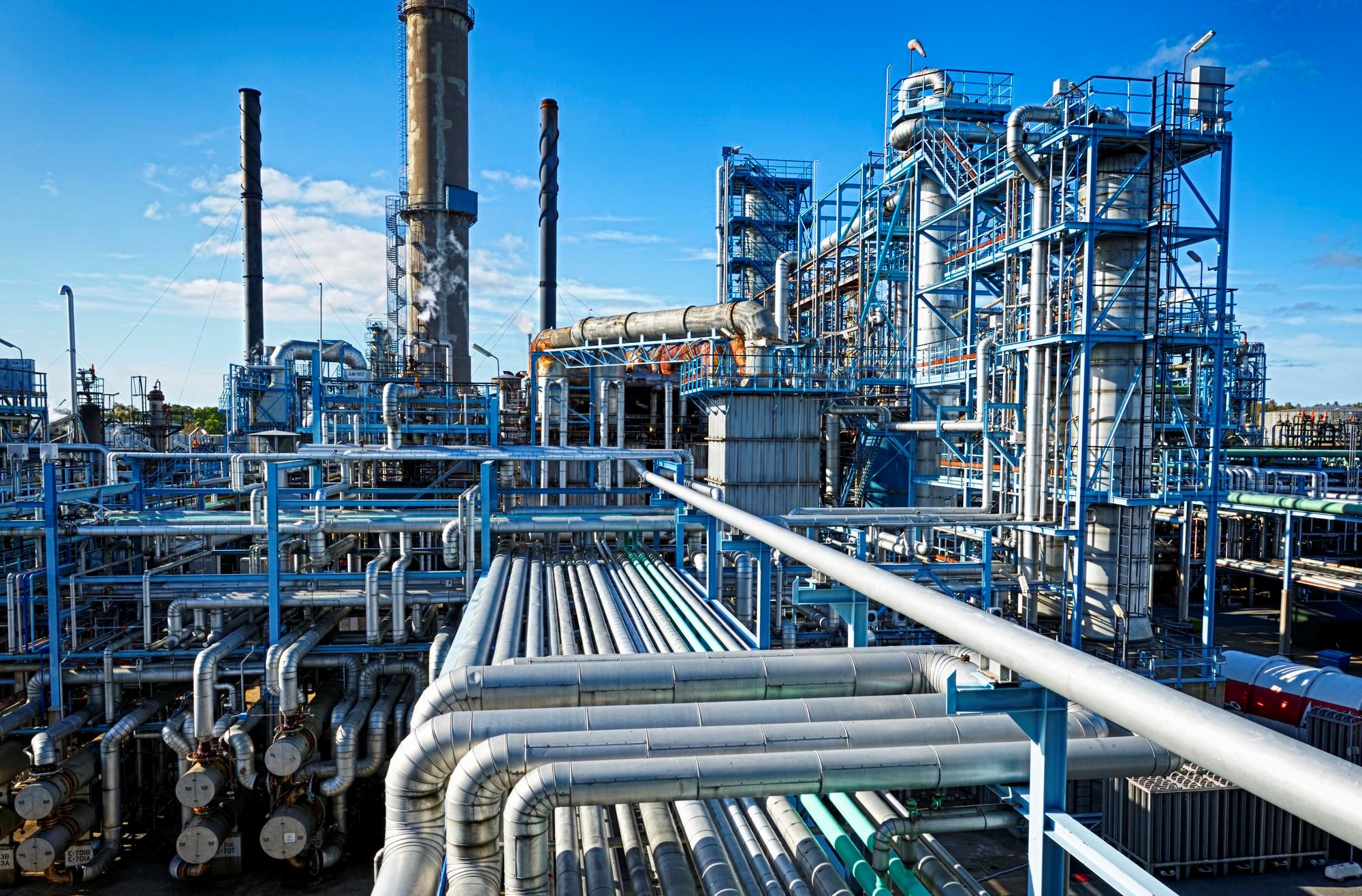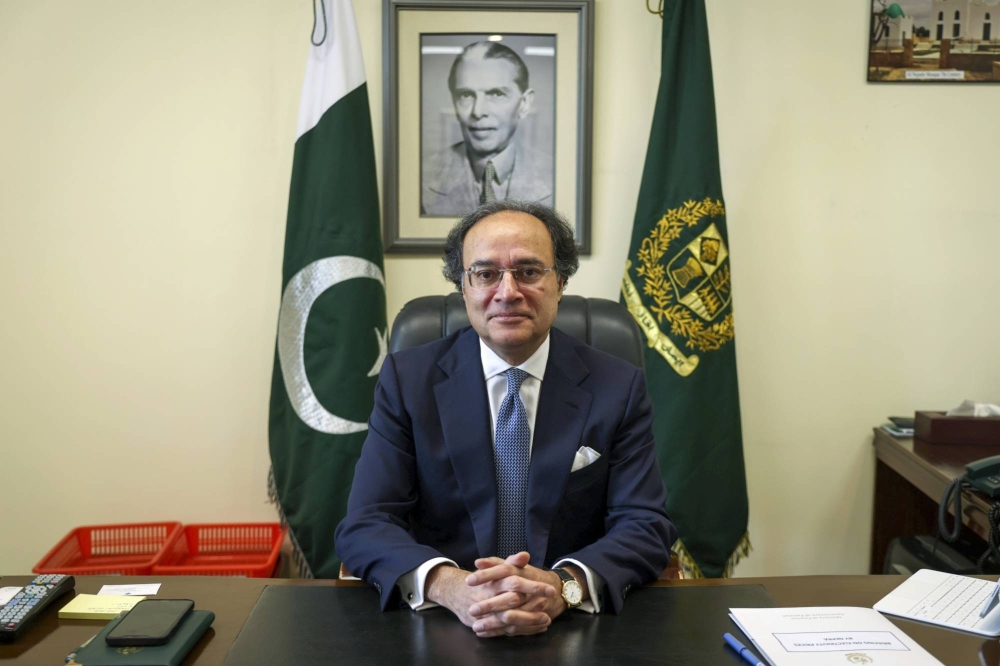India is gearing up for a massive democratic exercise – a seven-phase general election starting on April 19, 2024, with results declared on June 4. This six-week long voting marathon will be the world’s largest democratic election with nearly 970 million eligible voters – a number exceeding the combined populations of the United States, the European Union, and Russia.
The Election Commission of India announced the detailed schedule during a press conference, emphasizing their commitment to conducting a free and fair election that strengthens India’s democratic standing on the global stage.
Prime Minister Narendra Modi, seeking an unprecedented third term in office, will be the central figure in this election. His Bharatiya Janata Party (BJP) is aiming to win 370 seats out of the total 543 in the lower house of parliament, along with a target of 400+ seats for the National Democratic Alliance (NDA) – a coalition led by the BJP. In the previous election (2019), BJP secured a historic high of 303 seats.
This time, Modi is challenged by an alliance of opposition parties called INDIA (Indian National Developmental Inclusive Alliance) led by the Indian National Congress. However, this alliance has faced challenges in maintaining unity and agreeing on seat allocation to present a united front against the BJP. A win for Modi would make him the second Prime Minister after India’s first Prime Minister, Jawaharlal Nehru, to win three consecutive terms.
The political campaigning has been underway for months, with Prime Minister Modi actively traveling across the country, launching projects, making public pronouncements, participating in religious events, and addressing various gatherings.
The seven phases of the election will be spread across different dates: April 19, April 26, May 7, May 13, May 20, May 25, and June 1. Four states – Arunachal Pradesh, Andhra Pradesh, Odisha, and Sikkim – will hold simultaneous elections for their legislative assemblies along with the parliamentary polls. By-elections for 26 assembly constituencies across the country will also be conducted during this six-week period.
To manage this massive exercise, the Election Commission will deploy over 1 million polling stations staffed by 15 million poll workers.
Please, subscribe to the YouTube channel of republicpolicy.com



































